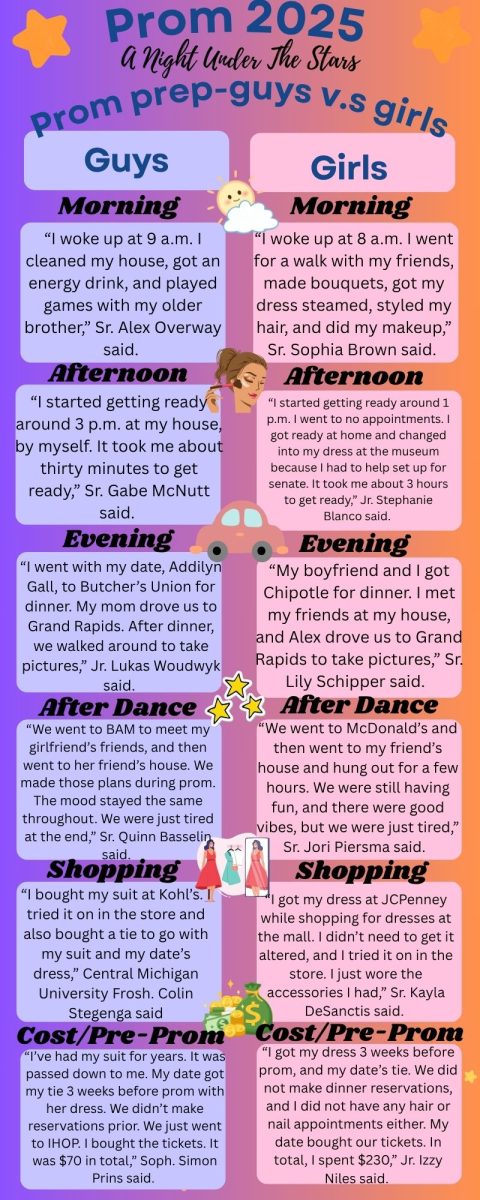You have an essay due in two hours. You stare at the blank screen, the words “Start here” taunting you. Your body tenses if you don’t submit this by 11:59 tonight, your grade will drop to an F. The thought tightens your chest e. There’s an easy solution: let ChatGPT write it for you.
Teachers may be worried of students using AI for several reasons. One major concern is that AI tools like ChatGPT can enable academic dishonesty, allowing students to submit work they didn’t actually write or fully understand. This can hinder learning and critical thinking, as students may rely on AI instead of developing their skills.
AI generated responses may lack originality, depth, or proper context, leading to shallow or even inaccurate work. Teachers want students to engage with the material, analyze information, and express their own ideas something AI can’t fully replicate.
There’s also the issue of fairness. If some students use AI while others don’t, it creates an uneven playing field. Teachers aim to ensure that assessments accurately reflect a student’s effort and ability, which becomes difficult when AI is involved.
Instructor Tedd Butler said, “Students need to be cautious when using AI, They should use it to check their answers, not just to get them. Otherwise, there’s no real learning happening.”
He expressed concern about students relying on AI to get immediate answers, explaining that this approach can block genuine understanding and ultimately put them at a disadvantage on tests, quizzes, and other assessments.
Instructor Teresa McCrumb believes it’s important for students to learn how to use AI, as it will play a major role in the future. “I often let my students use AI to look up information they may not know or to help with parts of a paper they’re unsure about,” she said. Her approach contrasts with other teaching styles, highlighting how different educators value and use AI in the classroom based on their philosophies and reliance on technology.
Soph. Miguel Mejia shared how important AI has become in his daily routine. He explained that he can’t go a day without using it, whether it’s to check his work or help complete assignments. “I like to learn, but sometimes my teachers don’t give me enough time or information to feel confident before a test, and AI helps with that,” he said. “It’s also helped improve my grades and my focus in school—I’ve noticed I’m doing a lot better in all of my classes.”
London Bateman, a sophomore at WO, stands out for his academic success without relying on AI tools. With an impressive 4.2 GPA, he credits his achievements to traditional learning methods and strong classroom engagement.
“I feel like AI isn’t needed,” London explained. “Teachers give enough information to help you understand the curriculum. I don’t use AI, and I don’t think I’ll need to in the future. All you need to do is sit in class and pay attention.”
For Bateman, focusing during lessons, staying organized, and consistently completing his work have been the keys to his success. He believes that discipline and good study habits are more effective in the long run than depending on technology. His perspective offers a contrast to students who rely on AI to supplement their learning, showing that success can be achieved in multiple ways depending on the individual.
All students learn differently, and all teachers teach differently. That’s why some believe it’s necessary to use technology and AI when needed, while others feel they do just fine without it. For some, AI can be a helpful tool to boost confidence, fill in knowledge gaps, or save time. For others, traditional methods work best and lead to success on their own.
Regardless of these differences, one thing remains the same: every student is striving to learn, and every teacher is working to support that learning. Whether the approach involves AI or not, the goal is shared which is the most important factor.







